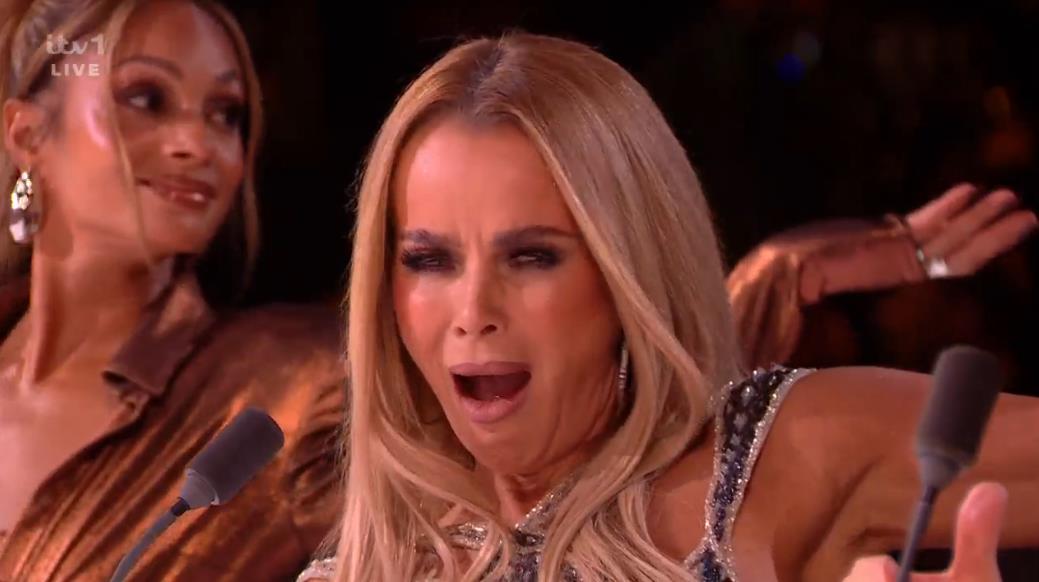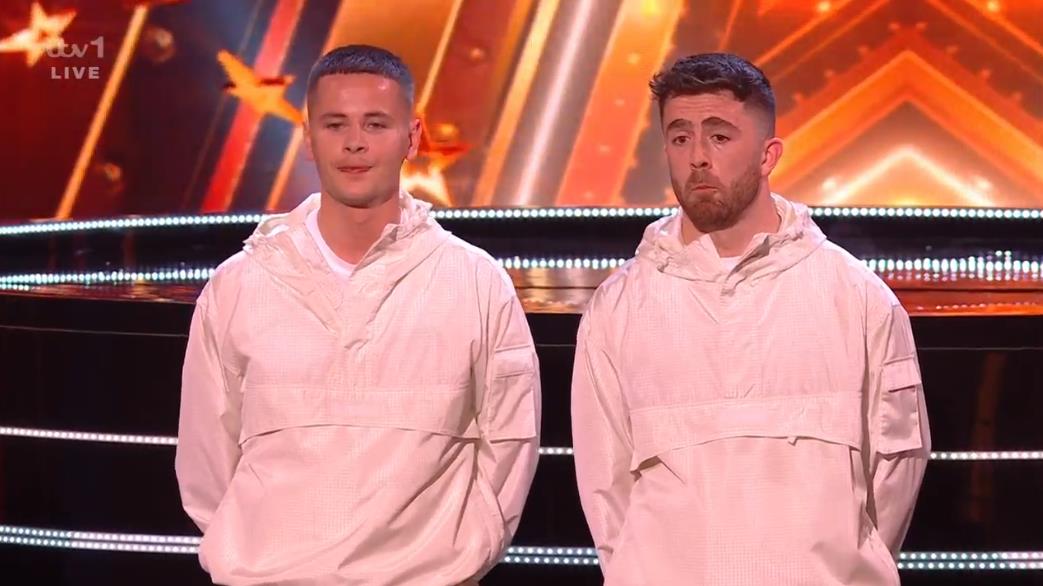
In the latest Britain's Got Talent live show, Simon Cowell's remarks towards Amanda Holden shed light on underlying ageist attitudes within the entertainment industry. Despite their longstanding roles as judges, Cowell's comment subtly hinted at societal biases often overlooked in the glitz of talent competitions. This incident raises questions about ageism's presence in popular culture, prompting a closer examination of how age influences perceptions and behaviours in the media.
The wider context: Unpacking Ageism in Entertainment
Simon Cowell's veiled reference to Amanda Holden's age during the live show underscores a broader issue of ageism in the entertainment world. As veteran judges on Britain's Got Talent, their dynamic offers a glimpse into the complexities of age-related biases that can permeate even seemingly light-hearted TV programmes. This interaction invites us to reflect on how age discrimination manifests in various facets of society, including the portrayal of women in the public eye.
Challenging Stereotypes and Biases
Holden's reaction to Cowell's insinuation of skewing towards a younger audience highlights the challenges faced by women in the media as they navigate ageist stereotypes. By analysing this exchange, we confront the implicit biases that can influence perceptions of individuals based on their age, particularly in high-profile roles within the entertainment industry. It prompts us to consider the impact of ageism on women's careers and the need to challenge age-related prejudices across different sectors.
Empowering Conversations on Age and Representation
While the incident on Britain's Got Talent may appear as a simple clash between judges, it unveils deeper-rooted issues around ageism that warrant attention. By engaging in discussions on how age is perceived and discussed in public forums, we can strive towards a more inclusive and respectful society that values individuals regardless of their age. This moment serves as a reminder of the importance of promoting diverse representations and challenging age-based discrimination in all spheres of life.

As Britain's Got Talent continues to captivate audiences, it also presents an opportunity to reflect on the underlying biases and stereotypes that permeate our media landscape. By critically examining instances of ageism, we can work towards a more equitable and age-inclusive society that celebrates individuals of all ages for their contributions and talents.






